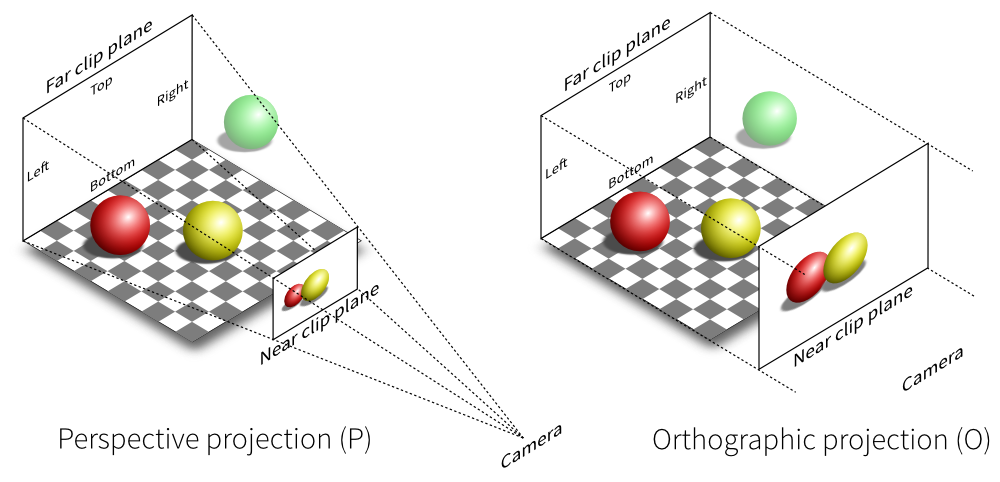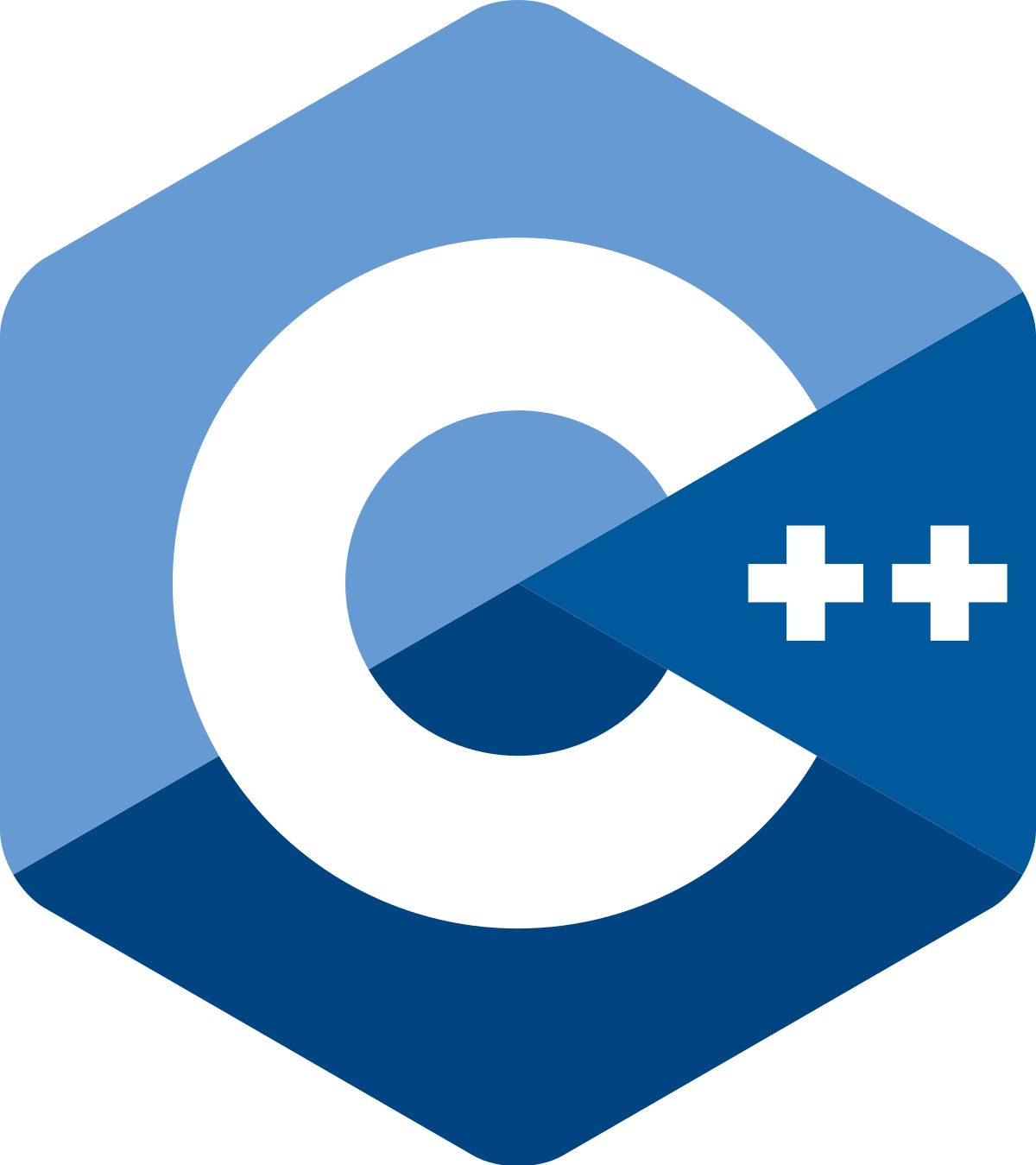1
2
3
4
5
6
7
8
9
10
11
12
13
14
15
16
17
18
19
20
21
22
23
24
25
26
27
28
29
30
31
32
33
34
35
36
37
38
39
40
41
42
43
44
45
46
47
48
49
50
51
52
53
54
55
56
57
58
59
60
61
62
63
64
65
66
67
68
69
70
71
72
73
74
75
76
77
78
79
80
81
82
83
84
85
86
87
88
89
90
91
92
93
94
95
96
97
98
99
100
101
102
103
104
105
106
107
108
109
110
111
112
113
114
115
116
117
118
119
120
121
122
123
124
125
126
127
128
129
130
131
132
133
134
135
136
137
138
139
140
141
142
143
144
145
146
147
148
149
150
151
152
153
154
155
156
|
#include <bits/stdc++.h>
namespace IO {
inline char read() {
static const int IN_LEN = 1000000;
static char buf[IN_LEN], *s, *t;
s == t ? t = (s = buf) + fread(buf, 1, IN_LEN, stdin) : 0;
return s == t ? -1 : *s++;
}
template <typename T>
inline void read(T &x) {
static char c;
static bool iosig;
for (c = read(), iosig = false; !isdigit(c); c = read()) {
if (c == -1) return;
c == '-' ? iosig = true : 0;
}
for (x = 0; isdigit(c); c = read()) x = (x + (x << 2) << 1) + (c ^ '0');
iosig ? x = -x : 0;
}
inline int read(char *buf) {
register int s = 0;
register char c;
while (c = read(), isspace(c) && c != -1)
;
if (c == -1) {
*buf = 0;
return -1;
}
do
buf[s++] = c;
while (c = read(), !isspace(c) && c != -1);
buf[s] = 0;
return s;
}
const int OUT_LEN = 1000000;
char obuf[OUT_LEN], *oh = obuf;
inline void print(char c) {
oh == obuf + OUT_LEN ? (fwrite(obuf, 1, OUT_LEN, stdout), oh = obuf) : 0;
*oh++ = c;
}
template <typename T>
inline void print(T x) {
static int buf[30], cnt;
if (x == 0) {
print('0');
} else {
x < 0 ? (print('-'), x = -x) : 0;
for (cnt = 0; x; x /= 10) buf[++cnt] = x % 10 | 48;
while (cnt) print((char)buf[cnt--]);
}
}
inline void flush() { fwrite(obuf, 1, oh - obuf, stdout); }
}
namespace Task {
const int MAXN = 50000;
const int MAXM = 100;
char s[MAXN + 1], t[MAXM + 1];
typedef unsigned int uint;
typedef unsigned long long ulong;
const uint HASH_BASE = 31;
uint hashS[MAXN + 1], hashT[MAXM + 1], pow31[MAXN + 1];
uint f[2][MAXM + 1][MAXN + 1];
ulong sumL[MAXN + 1], sumR[MAXN + 1], numL[MAXN + 1], numR[MAXN + 1];
inline uint hash(uint *h, int l, int r) {
return h[r] - h[l - 1] * pow31[r - l + 1];
}
inline void initPow() {
pow31[0] = 1, pow31[1] = HASH_BASE;
for (register int i = 2; i <= MAXN; i++)
pow31[i] = pow31[i - 1] * HASH_BASE;
}
inline void init(int n, int m) {
for (register int i = 1; i <= n; i++)
hashS[i] = hashS[i - 1] * HASH_BASE + s[i];
for (register int i = 1; i <= m; i++)
hashT[i] = hashT[i - 1] * HASH_BASE + t[i];
for (register int i = 1; i <= m - 1; i++) {
for (register int j = 1; j + i - 1 <= n; j++)
if (hash(hashT, 1, i) == hash(hashS, j, j + i - 1))
f[0][i][j + i - 1]++;
for (register int j = 1; j + (m - i) - 1 <= n; j++)
if (hash(hashT, i + 1, m) == hash(hashS, j, j + (m - i) - 1))
f[1][i][j]++;
for (register int j = 1; j <= n; j++) f[0][i][j] += f[0][i][j - 1];
for (register int j = n; j >= 1; j--) f[1][i][j] += f[1][i][j + 1];
}
for (register int i = 1; i + m - 1 <= n; i++) {
if (hash(hashT, 1, m) == hash(hashS, i, i + m - 1)) {
sumR[i + m - 1] += i + m - 1, sumL[i] += i;
numR[i + m - 1]++, numL[i]++;
}
}
for (register int i = 1; i <= n; i++)
sumR[i] += sumR[i - 1], numR[i] += numR[i - 1];
for (register int i = n; i >= 1; i--)
sumL[i] += sumL[i + 1], numL[i] += numL[i + 1];
}
inline void query(int l, int r, int n, int m) {
using namespace IO;
register ulong ret = (l + 1) * (n - r + 1) * numR[l] -
(n - r + 1) * sumR[l] + (1 - r) * l * numL[r] +
l * sumL[r];
for (register int j = 1; j < m; j++) ret += (ulong)f[0][j][l] * f[1][j][r];
print(ret), print('\n');
}
inline void solve() {
using namespace IO;
initPow();
register int T, n, m, k;
for (read(T); T--;) {
read(n), read(m), read(k), read(s + 1), read(t + 1), init(n, m);
for (register int l, r; k; k--) read(l), read(r), query(l, r, n, m);
memset(sumL, 0, sizeof(ulong) * (n + 1));
memset(sumR, 0, sizeof(ulong) * (n + 1));
memset(numL, 0, sizeof(ulong) * (n + 1));
memset(numR, 0, sizeof(ulong) * (n + 1));
memset(f, 0, sizeof(f));
}
}
}
int main() {
freopen("lianhuan.in", "r", stdin);
freopen("lianhuan.out", "w", stdout);
Task::solve();
IO::flush();
return 0;
}
|



